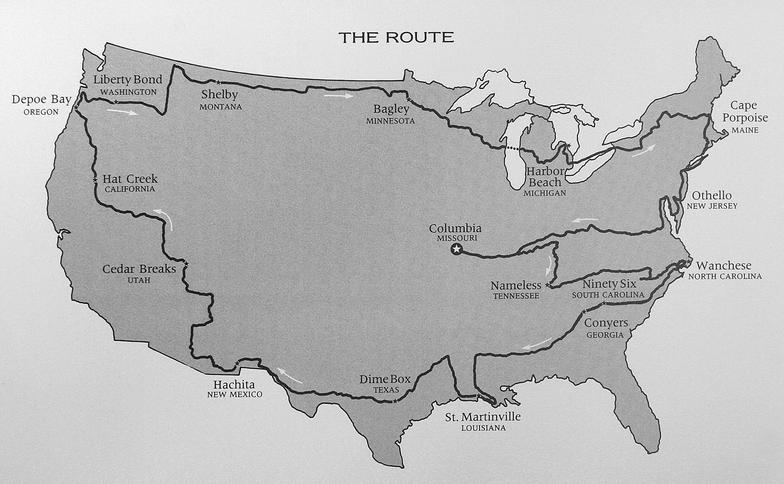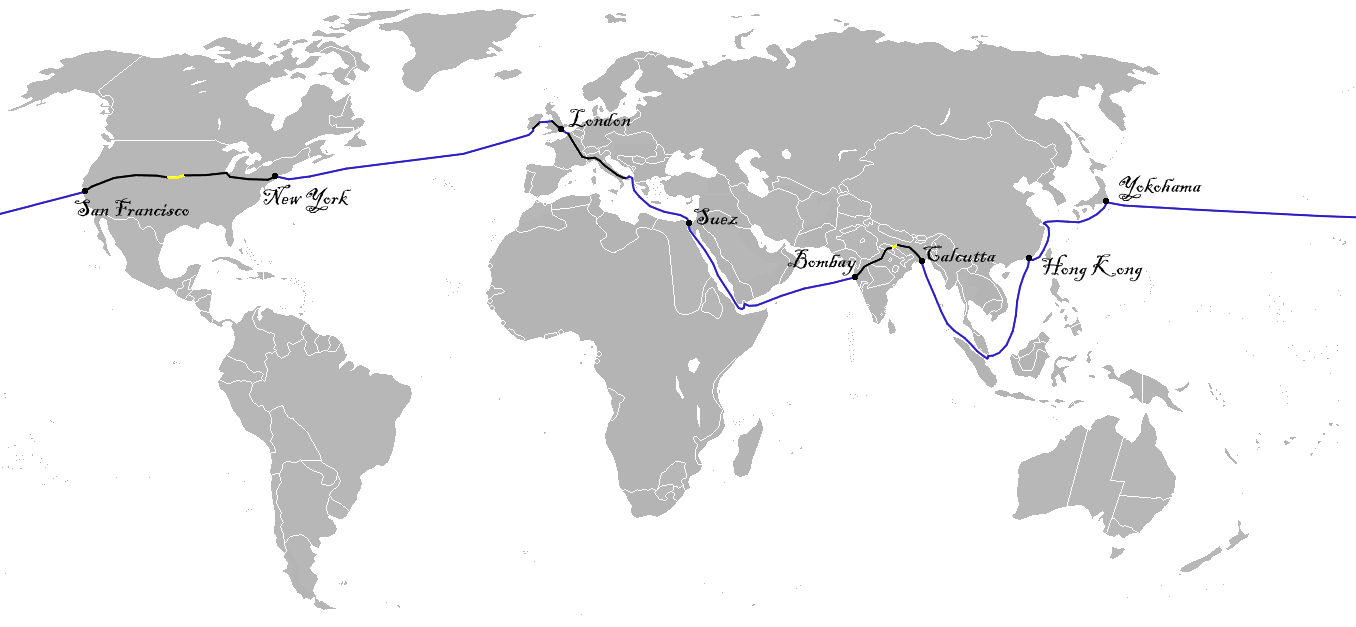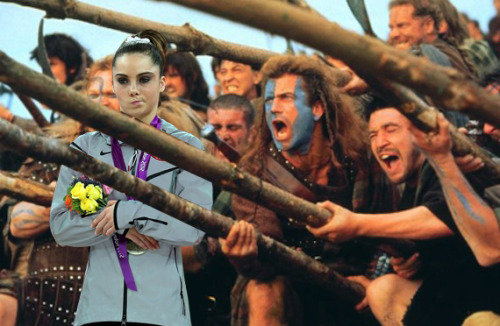We’ve covered some amazing first lines and some others that tend to… fall flat. This raises some questions: Is a first line truly any different than any other line? Does a first line have to knock you on your butt? Are the first lines of “great” books actually better than those of lesser books?
Let’s put that last question to the test. Our first lines today come to you courtesy of my phone’s camera, and the $0.50 romance bin at my local used bookstore. But here’s the catch. There are also two so-called “classics” mixed in for good measure. Without the crutch of your favorite search engine, can you pick the two classics out of the line-up? Just curious…

























